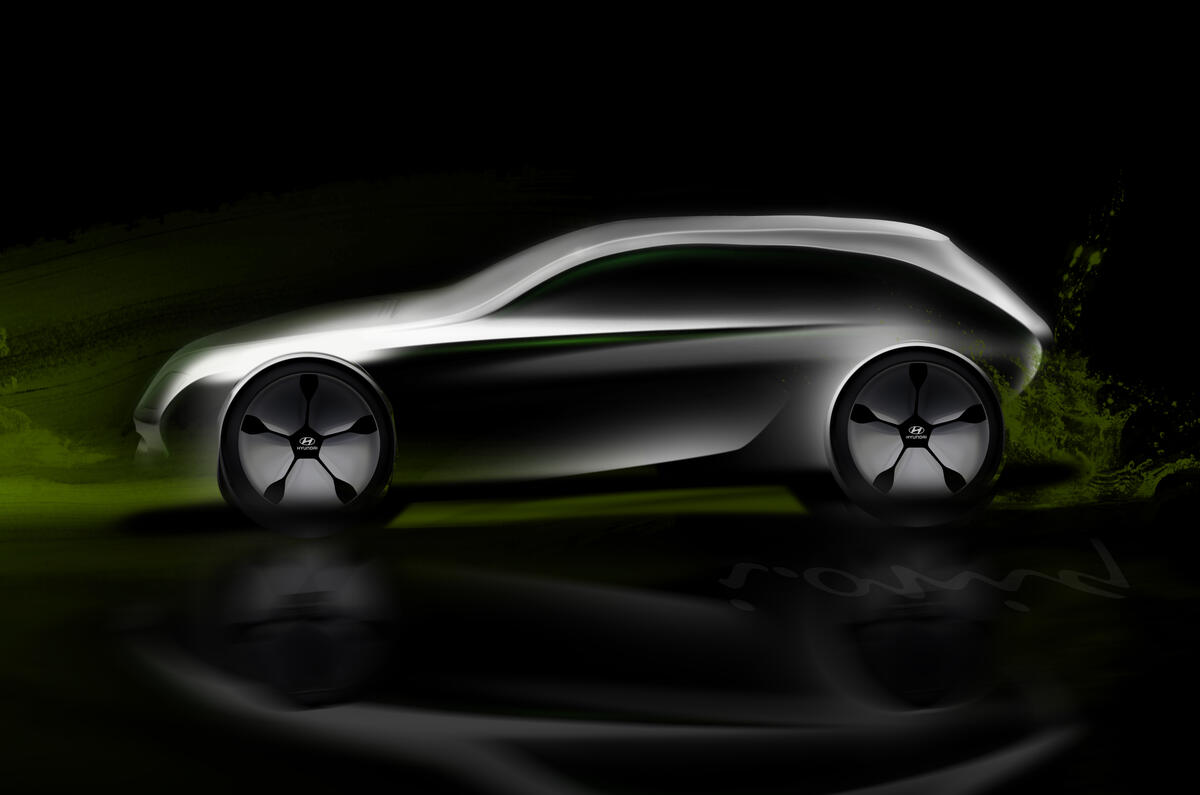Hyundai’s next-generation hydrogen-powered car will be a bespoke design, as the firm bids to challenge the Toyota Mirai for supremacy in the emerging fuel cell market.
Both Hyundai and Toyota put the first mass-produced hydrogen fuel cell vehicles on sale this year, but while the Mirai is a bespoke design, Hyundai’s model is based on the existing - and now superseded - ix35 SUV. Hyundai embarked on the project using an existing platform as a result of its pledge to sell a hydrogen car to any customer anywhere in the world and without a lead time of more than three months.
To date, Hyundai has only confirmed that sister brand Kia will launch its own dedicated fuel cell vehicle in 2020, but it now seems certain that it will be twinned with a fresh launch from Hyundai prior to that.
“We will launch a dedicated vehicle, although it is not clear what vehicle type it will be based around,” said Sae-Hoon Kim, Hyundai-Kia’s head of hydrogen fuel cell research.
“Developing a bespoke car offers clear advantages. For instance, the larger the radiators on a fuel cell car the better, and you can see on the Mirai that they have developed a cooling solution that helps with that scenario.”
Speculation suggests that Hyundai will stick with an SUV bodystyle for its car; global sales of SUVs continue to boom, and it would allow the firm to develop a cohesive look for the range of eco-friendly cars it is planning to launch, the first of which, the Prius-rivalling Kia Niro crossover, was shown last month.
Kim suggested that a target range of 500 miles per charge and a top speed of 110mph were realistic; today’s ix35 FCV manages around 375 miles and 100mph.
“Our issue is that all customer feedback says range and boot space are the priorities, but of course a larger fuel tank impinges on boot space,” he said, adding that Hyundai was looking to the aerospace industry for further technology learnings.
The ix35 FCV is priced at £53,105, while the Mirai costs £66,000. However, most customers are leasing the cars for business fleets, allowing the cost to be covered in instalments and offset.
Q&A with Sae-Hoon Kim, head of fuel cell research
Why will hydrogen prevail?
“Every solution leads to hydrogen; either you use renewable energy sources to create and store hydrogen, or you use traditional fuels like coal to create hydrogen. Either way, hydrogen is the way to store energy and control supply and demand.




Add your comment